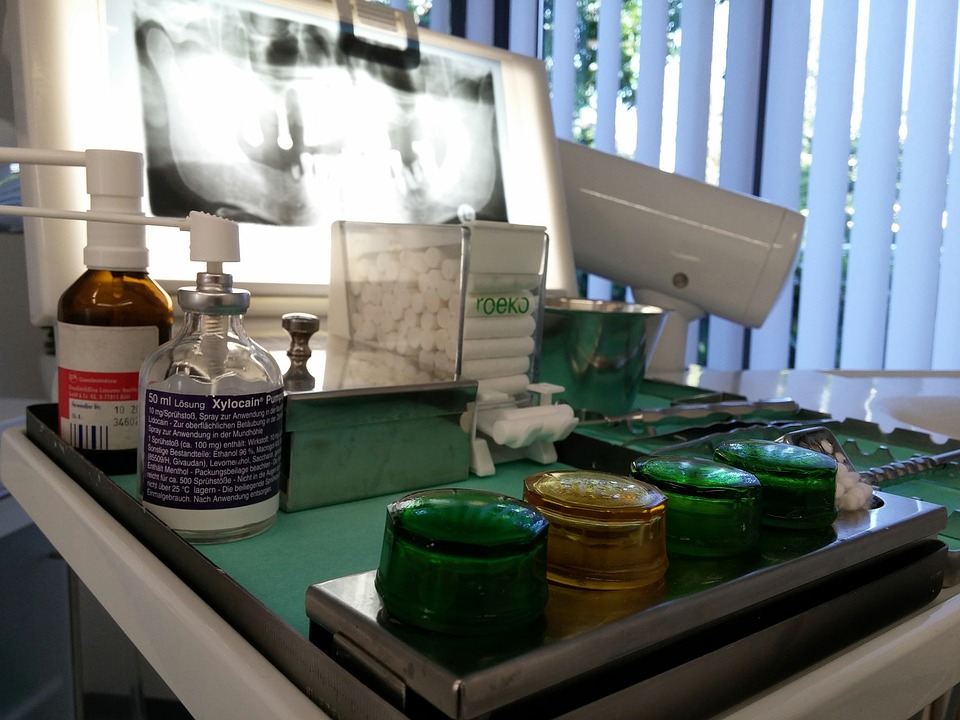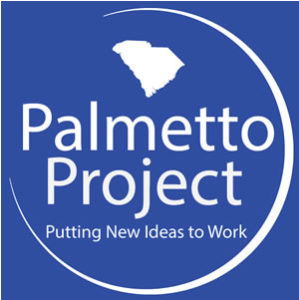
By Lindsay Street, Statehouse correspondent | As federal funding dried up for health insurance navigators, a South Carolina nonprofit embarked on an innovative venture to continue helping people find the right health care insurance options for them.
The Palmetto Project launched its nonprofit insurance brokerage InsureSC in 2018, when it ended its four-year contract with the federal government as an Affordable Care Act navigator. In its first year, it has helped hundreds of people find health insurance.
The new program is unique for the state and among only a handful nationwide.
“We are already getting lots of national interest as it could be a model other states and communities might emulate should (Affordable Care Act) hostility persist in Washington,” Palmetto Project Executive Director Steve Skardon said.
Palmetto Project Director of Programs Shelli Quenga oversees the brokerage, which has seven employees, based in Charleston and Columbia, and also offers services statewide via telephone.
Unlike for-profit insurance brokers who receive a commission from insurance companies, Quenga said InsureSC brokers earn a set salary, which means they do not have a financial incentive to steer someone away from Medicaid or other lower-cost options.
InsureSC isn’t yet self-sustaining from the commissions it receives — it has a two-year goal for that. Currently, the program is aided by its parent organization, loans, grants and private donors, according to staff.
Under the new model, former navigators can help more people. As ACA navigators, the project was unable to work with Medicare options.
“We wanted to be able to do whatever work needed for that individual sitting in front of us,” Quenga said.
Navigators were funded through the Affordable Care Act and charged with helping people find health insurance through the subsidized, individual marketplace. Since President Donald Trump assumed office, funding for parts of the act, including navigator money, has been cut or challenged in court.
“A lot of the former navigator grantees or even current grantees are trying to figure out what they can do to make sure help is continuously available to their communities,” Quenga said.
Kaiser Family Foundation senior fellow Karen Pollitz has followed Palmetto Project’s transition and is watching as navigators evolve.
“It wasn’t a desire to be a broker. It was a desire to get paid to get assistance to people,” Pollitz said. “It’s a really interesting turn of events.”
Pollitz said federal funding for navigators has “really been decimated” since 2016. She said the funding was already not enough at $60 million, and now it’s under $10 million.
According to government documents, federal funding this year for navigators in South Carolina is $300,000 and there is only one navigator: DECO Recovery Management, a nationwide hospital debt-services company. In 2016, South Carolina received $1.5 million. That represents an 80 percent cut in navigator spending in the state.
“Some programs have found a way to keep going … at a reduced level,” Pollitz said. “A handful went this other route.”
Similar organizations are few and far between
 According to Quenga and Pollitz, InsureSC has few peers. Utah is setting up a nonprofit agency and Georgia has one nonprofit broker. Other states, such as North Carolina and Florida, have found other ways to help keep navigator-like services available.
According to Quenga and Pollitz, InsureSC has few peers. Utah is setting up a nonprofit agency and Georgia has one nonprofit broker. Other states, such as North Carolina and Florida, have found other ways to help keep navigator-like services available.
How successful these programs and nonprofit brokers are will likely remain unknown. Pollitz said the data on navigators and their rates of signing people up will not translate over to these new entities.
“(But) we know it makes a difference,” she said. “We knew from our surveys that marketplace navigators provided a really important community outreach.”
New data was not available from Palmetto Project, but Quenga said as of end of December, InsureSC enrolled 768 in the ACA marketplace, and 63 in Medicare Advantage. The average person they helped was in the 55- to 64-year-old age range. Those numbers reflect only months of work by the broker.
Quenga said one of the surprising parts of the new gig has been the “ridiculously confusing” Medicare system.
“Regardless of what your income, education or expertise level in your field when it comes to medicare if you’re not doing that work day in and day out you will most likely need help,” she said.
So what does the future hold for InsureSC? Quenga said with the decreased regulations on short-term health plans and potential for rate increases for subsidized insurance plans (which should be announced next month), the staff is ready to continue helping consumers figure out how to afford health care.
“We are still always looking at increasing access to affordable quality health care for everyone,” she said. “Sometimes we patch together care through community health care centers, free clinics … but that’s not access to care.”
- Have a comment? Send to: feedback@statehousereport.com



In my state, half the navagators were convicted felons w 8 hours training. That’s not safe for the client. I can’t see SC being any different.
Cite your data or evidence on “half the navagators (sic) were convicted felons.”